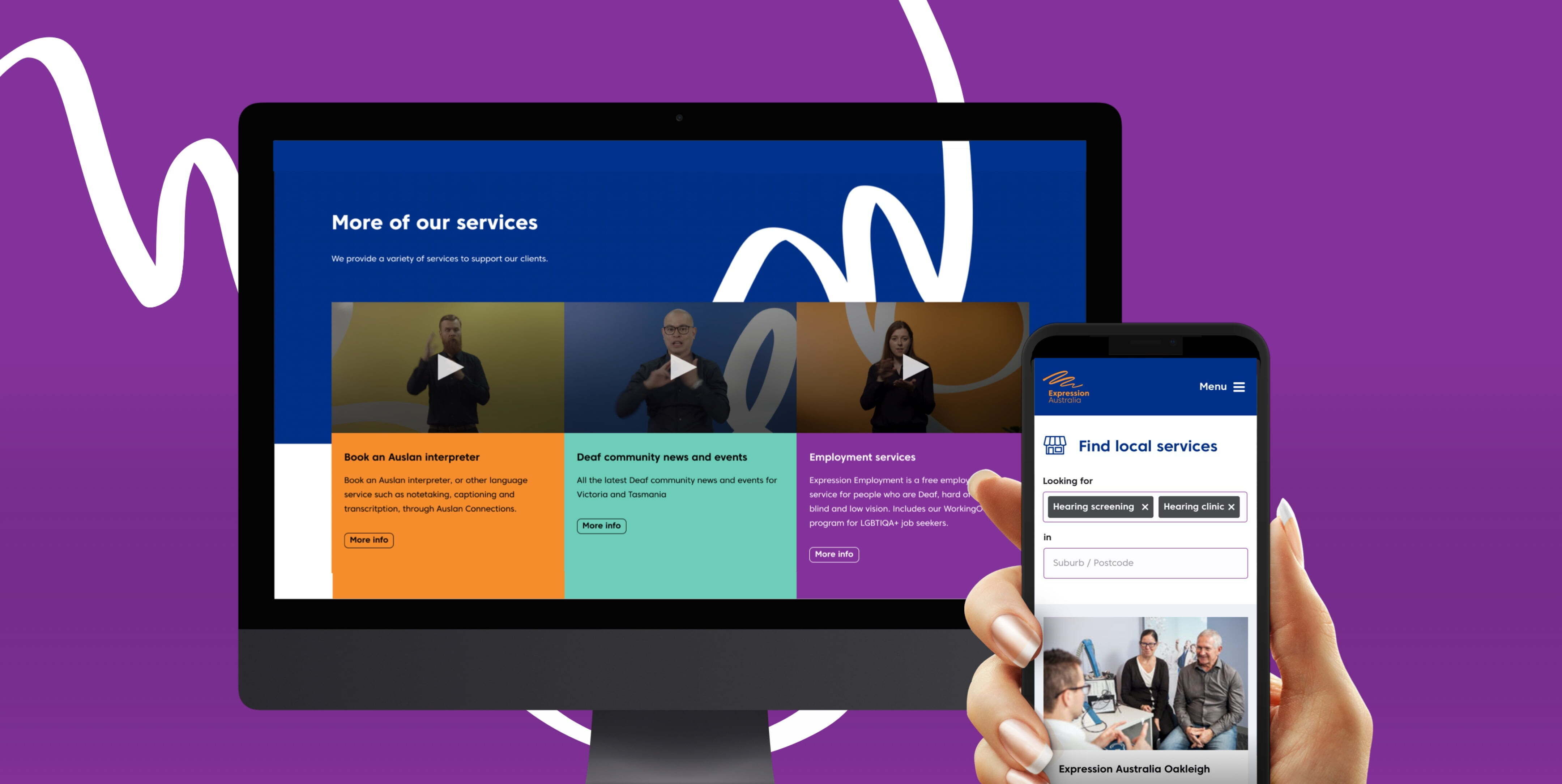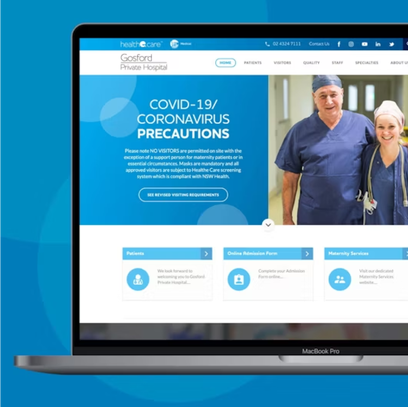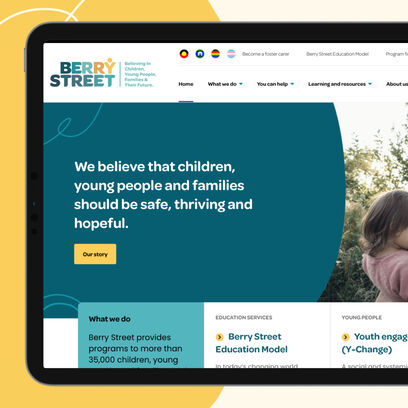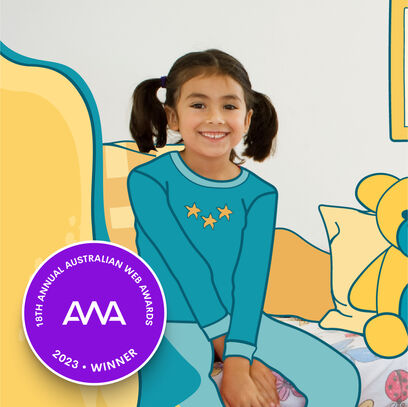Real world insights into deaf culture shape user-centred redesign
Incorporating Auslan ‘signposts’ enhanced navigation, while other site improvements ensured users felt more included and better informed.

Poor website accessibility
Expression Australia identified several challenges that impacted user accessibility.
These included a clunky, difficult to navigate website that didn’t meet WCAG standards, content being overly skewed towards English rather than Auslan, and a website that didn’t represent the interests of Deaf and hard of hearing people in a competitive NDIS landscape.

User-informed redesign
EA commissioned Yump to redesign and redevelop its main website using a user-centred, bilingual and bicultural approach.
Our team attended Deaf awareness training before embarking on the project, to gain insight into how Deaf and hard of hearing people navigate the world.
We then ran usability testing and focus groups with 14 Deaf and hard of hearing users to gather real-world insights.

Empowering Deaf users with Auslan content
The comprehensive roadmap we developed resulted in a wide variety of key site improvements.
Functionality improvements include a service locator, a Shopify-integrated online shop, Raisely donation platform and training management to help visitors sign up for Auslan classes.
Short, sharp Auslan “signpost” videos that appeared as thumbnails on cards were extensively used to help Deaf users navigate the website, resulting in over 200 Auslan videos across the whole site. These are all welcome solutions to better include and inform Australia’s Deaf community.







